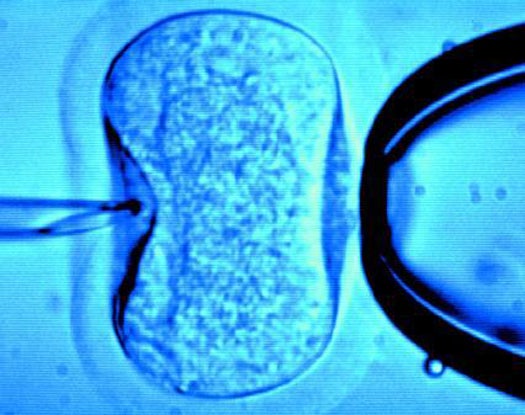Soon, Babies May Have Three Biological Parents
Even though the combination of affluence and fertility drugs has raised the age at which many women give birth, children...

Even though the combination of affluence and fertility drugs has raised the age at which many women give birth, children born to older women continue to suffer a disproportionately high rate of birth defects and genetic disease. Many of these problems result from the degradation of the area of the region of the egg around the nucleus.
To correct for those problems, a team of Japanese researchers has implanted the nucleus of an older woman’s egg into the egg cell of a younger donor. This may fix the problem, but it also moves medicine closer to the ethically challenging creation of a person with three biological parents.
This isn’t the first time the concept of the three-parent baby has confronted bioethicists in particular, and the public at large. In February of last year, British scientists created embryos with the regular DNA of one mother, and the mitochondrial DNA of another. Those embryos never matured into actual people, but in August of this year, researchers in Oregon created full-grown hybrid monkeys using the same technique.
So far, the Japanese eggs have not matured either, although 31 of the eggs were fertilized as part of the proof of concept.
This experiment also calls into question the nature of a parent, as in this case, the egg donor only pass on part of the cell, and not any genetic material.
Regardless of the outcome of this particular experiment, it is yet another step towards both a three parent child, and society’s need to determine the ethical and legal implications of such a child.